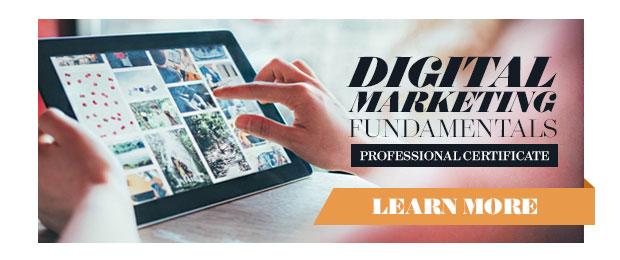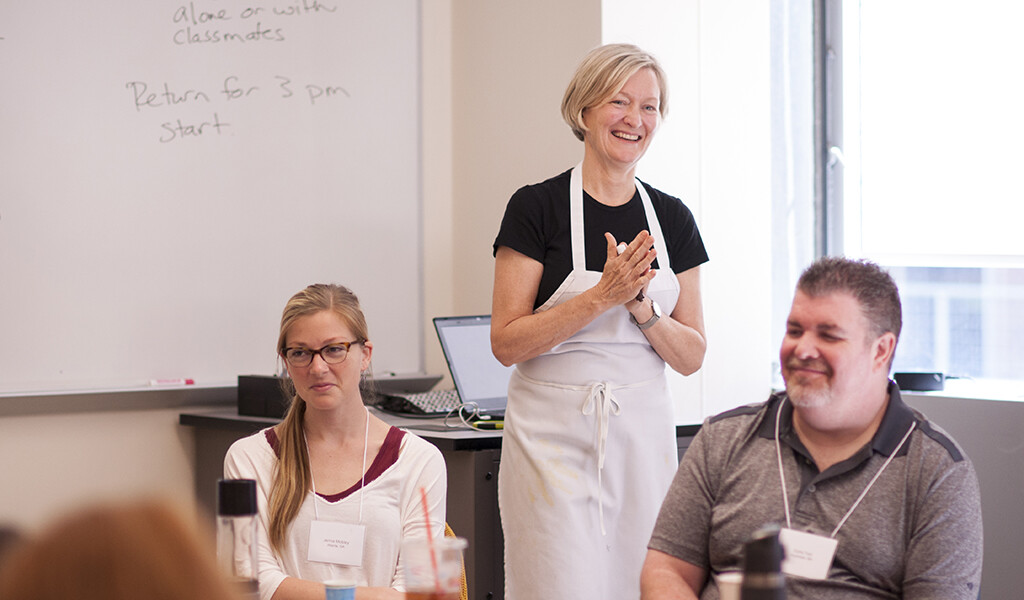By Erik Harbison
The current state of marketing
The one constant with the digital marketing landscape is change. The most compelling reason most college students hold an interest in this area is because it is so dynamic. You must evolve your learning on the latest trends and best practices across all channels, or face becoming irrelevant as a marketer and missing the mark with your customers. Some of the digital marketing trends for 2015 include an increase in overall digital marketing budgets, a stronger focus on email (yes, email), and a focus on social selling.
The marketer’s challenge today is staying relevant to the hyper-connected consumer. This forces marketers to contemplate how to best reach, connect, and convert a consumer that has a multitude of choices and loves to multi-task. This challenge is evident by the tremendous surge in ad spending within mobile devices. According to a recent article from Advertising Age, this category is expected to reach $100 billion by the end of 2016.
What’s troubling is that the average attention span of today’s consumer is only eight seconds, compared to a goldfish that is measured at nine seconds. In recent years, the challenge facing marketers has been staying relevant to these multi-tasking customers that live in an on-demand world and react more to word-of-mouth than a constant barrage of ads.
For customers, the challenges include degraded service and experiences from brands tied to elevated expectations, and a need for bite-sized pieces of content. Nowadays, ’the customer is always right’ has never been more appropriate.
Now is a great time to be in marketing
All signs are indicating that now is a great time to be a student or professional focused on a digital marketing career. Digital marketing budgets are increasing, traditional companies are continually embracing ‘digital natives’ to join their evolving marketing teams, and there is always something new to learn.
For those not focused on a career path in marketing, it is an even better time to educate yourself on what all the buzz is about. Never before has there been so many easy ways to educate yourself on popular topics or skill sets. Courses are now designed to accompany busy schedules and align with specific or general educational needs.
Just need a quick overview on SEO? You can get bite-sized explanations, definitions, instructions, and easy ‘how-to’ videos with a simple search in Google.
Looking to invest more to get a more in-depth learning experience and an opportunity to hone and enhance your skills? There are a multitude of online courses offered where you are learning from, and connecting with, practitioners of every digital marketing discipline. The University of Vermont is offering a course just like this: Digital Marketing Fundamentals Professional Certification.
What the future of marketing holds
The traditional marketing funnel is becoming obsolete in favor of a more cyclical customer journey. Most brands are realizing the shifts in the landscape and becoming more focused on the customer experience beyond the click-and-sale.
We surveyed some of the Digital Marketing Fundamentals Professional Certificate Course instructors to get their take on what the future of digital marketing holds (in 140 characters or less, of course). There were a few themes that became clear, and the bar will be raised even further for marketers.
“Hyper-connected consumers = need for more data-obsessed brands. Be more relevant to your customers or your competition will thank you.” Erik Harbison, Lead Instructor
“The line between personalization and privacy will be blurred as marketers continue to innovate through technology and big data…” Justin Silva, Social Media
“For customers, personalization wins at the expense of privacy. For brands-measuring return on experience, not just investment.” – Aaron Levy, Display Marketing
“‘Dataism’ becomes a religion for brands. Every marketing dollar spent is accountable. Careers in customer experience roles explode.” –Amanda McGowan, Analytics
Good marketing is described as the intersection between what brands want to sell and what customers are interested in and want. One thing we know is that a brand’s digital marketing ads, tweets, posts, and other forms of content are not going away.
Consider Red Bull. They started out as an energy drink brand and have now evolved into a content and media publishing leader. Red Bull has satisfied their customer’s needs and wants beyond just a drink product. They have mastered the ability to personify their brand value in the form of more engaging events, contests, and visual content.
Compare this to the several brands that have missed the mark in cutting through the clutter by performing various marking gaffs and epic fails. Oftentimes, poor planning and execution can relegate a brand back to the starting point in terms of building consumer trust.
The question is: who will adapt quicker, the annoyed and overwhelmed customer, or the brands that are focused on selling versus relationship-building?
What trends are you seeing in your interaction with brands? Are the ads you see more relevant? More annoying? Where do you think the digital marketing trends will be?
Erik Harbison is CMO at AWeber.com, an email technology targeting small businesses, where he oversees operations and strategy for brand marketing, social media, CRM, PR, education, and business development disciplines. He is the lead instructor for the UVM Digital Marketing Fundamentals certificate program.





